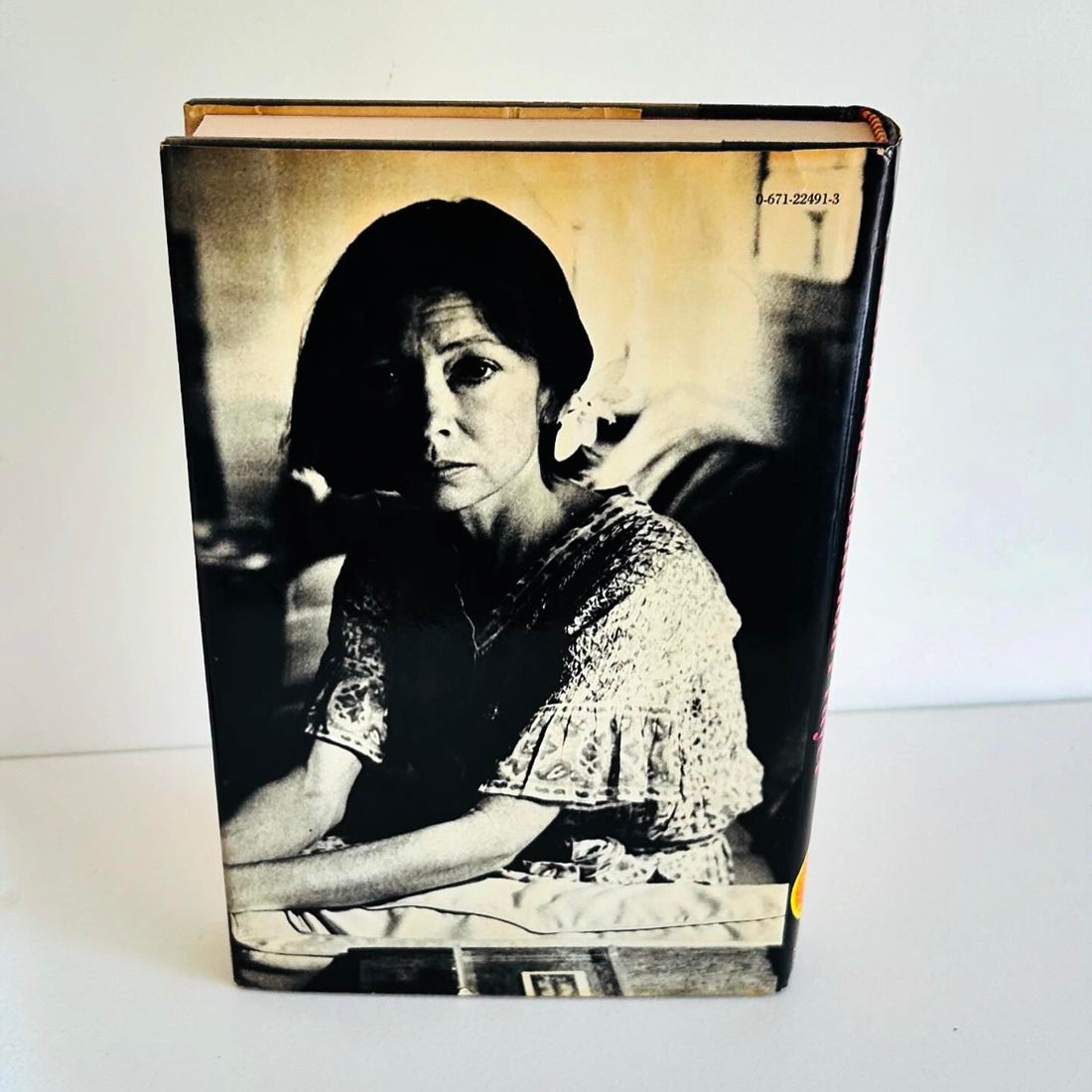
Exploring Joan Didion's Most Popular Books: A Literary Journey
Condividi
Joan Didion, a renowned figure in American literature, has left an indelible mark with her insightful prose and keen observations of society. Her works resonate deeply with readers, offering a unique perspective on contemporary issues and personal introspection. In this article, we delve into three of Joan Didion's most popular books, exploring their themes, impact, and enduring relevance in today's literary landscape.
1. "Slouching Towards Bethlehem" (1968)
Slouching Towards Bethlehem is a collection of essays that epitomizes Didion's distinctive style and narrative voice. Published in 1968, amidst the cultural upheavals of the 1960s, Didion captures the spirit of the era with unparalleled clarity. The title essay, inspired by W.B. Yeats' poem, explores the counterculture movement in San Francisco, offering a poignant commentary on its disillusionment and societal implications.
Each essay in the collection is a testament to Didion's ability to blend personal reflection with astute social critique. Topics range from Hollywood's glittering facades to the fraught racial tensions in America's heartland, showcasing Didion's versatility and depth as a writer.
2. "The Year of Magical Thinking" (2005)
In 2005, Joan Didion released The Year of Magical Thinking, a memoir that garnered widespread acclaim and emotional resonance. The book chronicles Didion's grief following the sudden death of her husband, John Gregory Dunne, and the concurrent illness of their daughter, Quintana Roo Dunne.
This deeply personal narrative is marked by Didion's trademark introspection and incisive prose. It delves into the complexities of loss, memory, and the fragile nature of human relationships. Through her candid reflections, Didion invites readers into her world of mourning and resilience, offering solace and insight to those grappling with similar experiences.
3. "Play It as It Lays" (1970)
Play It as It Lays, published in 1970, is a novel that showcases Didion's prowess as a storyteller. Set in the bleak landscape of 1960s Hollywood, the novel follows Maria Wyeth, an actress navigating a world of superficiality and existential despair. Through Maria's fragmented narrative, Didion explores themes of identity, alienation, and the search for meaning in a world marked by disillusionment.
The novel's spare prose and haunting atmosphere captivate readers, reflecting Didion's ability to evoke a sense of unease and introspection. Play It as It Lays remains a powerful testament to Didion's ability to distill complex emotions and societal critiques into a gripping narrative.
Conclusion
Joan Didion's literary legacy is defined by her ability to capture the zeitgeist of her time while offering profound insights into the human condition. Whether through her groundbreaking essays or evocative novels, Didion's work continues to resonate with readers around the world. Each of the books discussed—Slouching Towards Bethlehem, The Year of Magical Thinking, and Play It as It Lays—stands as a testament to her enduring impact on literature and her ability to transcend generations with her timeless storytelling.
For those seeking a profound literary journey through the eyes of one of America's most esteemed writers, Joan Didion's works are indispensable. They offer not only a glimpse into the complexities of society but also a mirror to our own hopes, fears, and aspirations.
References:
- Didion, Joan. Slouching Towards Bethlehem. Farrar, Straus and Giroux, 1968.
- Didion, Joan. The Year of Magical Thinking. Vintage International, 2007.
- Didion, Joan. Play It as It Lays. Farrar, Straus and Giroux, 2005.
